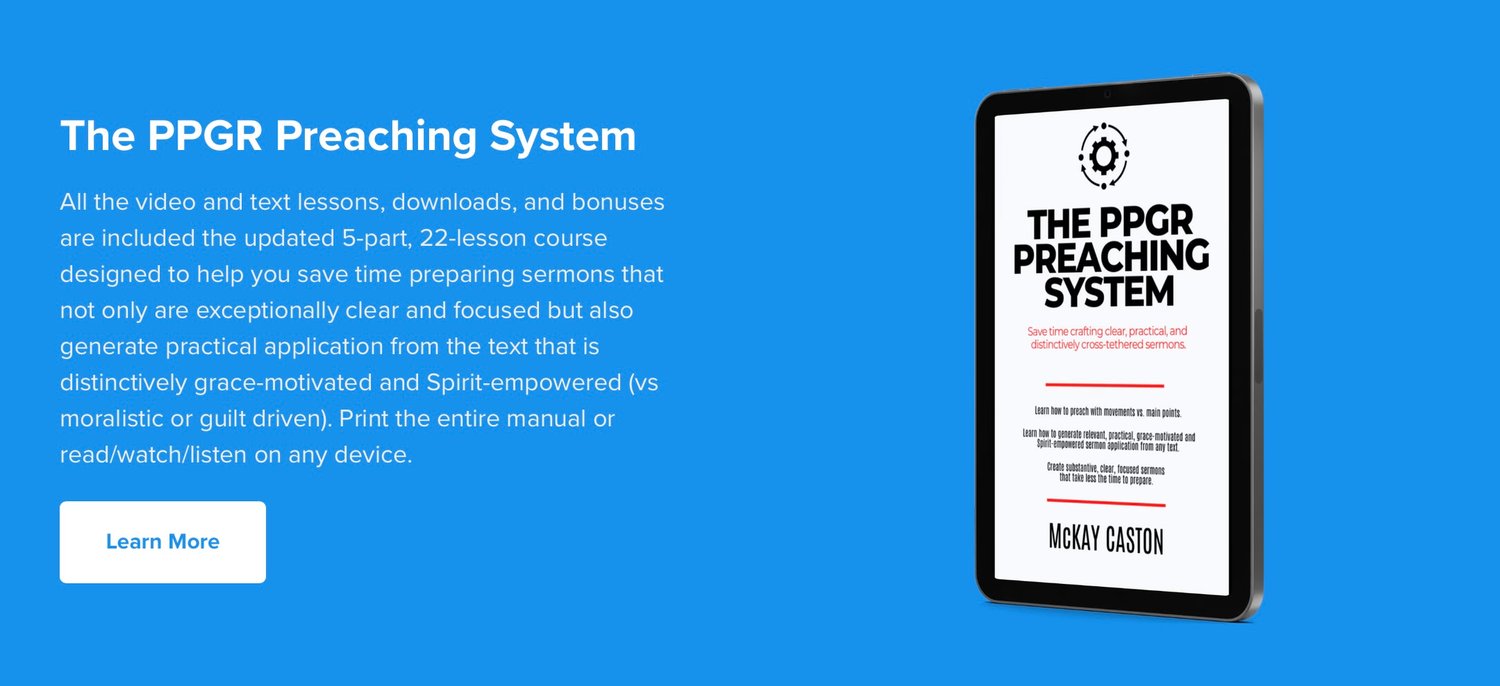Charles Spurgeon described evangelism as “one beggar showing another beggar where they found bread.”
While it’s true that once a beggar takes and eats of the bread of life, they are no longer a beggar, but royalty—adopted into the family of King Jesus—the concept of “beggar to beggar” is an apt metaphor/analogy of evangelism for us today, and maybe especially so in a post-Christian cultural context.
My friend, Johnny Long, calls this “weakness evangelism,” where our focus is not on what others need but on what I need. And yes, what I need, they need. But they will only take and eat if they’re hungry for the grace of God in Jesus. And they will only be hungry for the grace of God in Jesus if the Spirit has created the hunger.
Beggar to beggar evangelism removes the pretense often associated with sharing the gospel. It levels the ground and takes the pressure off.
From this perspective, I don’t have to be a teller as much as a confessor, sharing how the blood of Jesus was shed as a propitiation for my sin and how Jesus’ bodily resurrection confirms that the promises of grace in the cross objectively and historically have been validated as true.
This means the heart of weakness evangelism is not convincing people of their guilt. It’s showing what grace looks like in a real human being whose life is tethered to the cross.
As we share our story in the context of the true gospel story, we will not excuse or minimize the reality of sin and guilt. Of course not. That is why we preach the cross to ourselves and the world. The cross says, you are far more sinful than you know. It also says, God is far more forgiving than you ever dreamed.
And as Paul reminds us in Romans 2:4, it is the kindness of God that leads us to repentance.
When the grace of God in Jesus becomes the defining truth of my life, I’ll be empowered by the Spirit to reflect that kindness to other sinners.
The kindness of God does not minimize truth. Rather, it magnifies mercy—the mercy that leads beggars to the bread of life in the cross of Christ.
Some folks will resonate with your story, lean in, and say, “Where can I find this bread?”
Others will think you’re ignorant and weak. Not to worry. You’re not ignorant. But weak? You bet!
After all, this foundation for evangelism flows from Paul’s testimony in 2 Corinthians 12:9-10, "But he said to me, 'My grace is sufficient for you, for my power is made perfect in weakness.' Therefore I will boast all the more gladly about my weaknesses, so that Christ's power may rest on me. That is why, for Christ's sake, I delight in weaknesses, in insults, in hardships, in persecutions, in difficulties. For when I am weak, then I am strong."
Strong enough to engage in weakness evangelism—to the praise of God’s glorious grace!
What if more disciples of Jesus took this posture with the world? What if I did? I think it just might reduce some stress and allow more room for peace and joy.
May be worth a try.
If you teach Sunday School, a Bible study for adult or youth small groups, teach Sunday School, teach your kids as a homeschool parent, lead family devotions, are a missionary, serve as a camp counselor, etc., the principles in the PPGR Preaching System will give you a template that will help you create lessons that are biblically grounded, tethered to the cross of the risen Jesus, and applicable to real life.


Comments ()